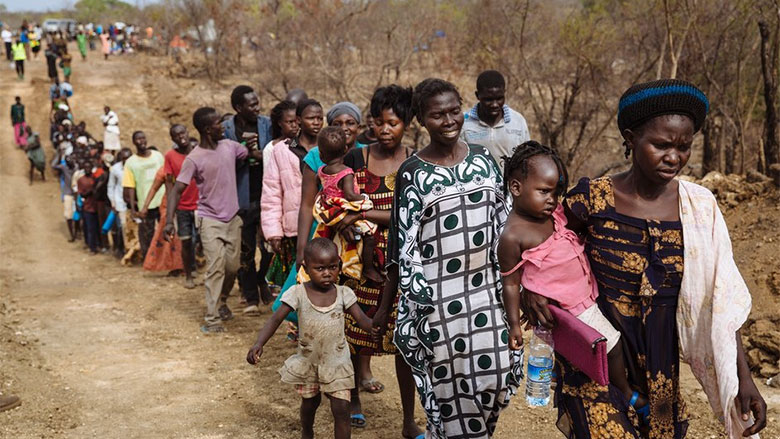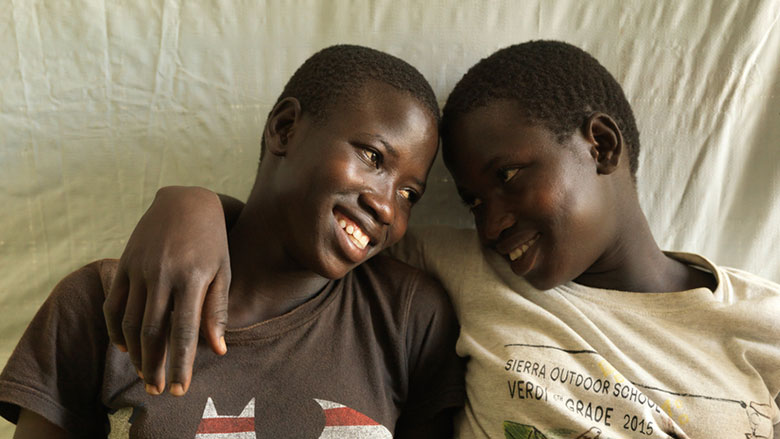KAMPALA, December 4, 2017-In 2016, there were around 500,000 refugees living in Uganda. By the end of 2017, there were close to 1.4 million, mostly from South Sudan, making Uganda the third largest refugee host country in the world.
Uganda is known for having a relatively generous and welcoming refugee policy. Most refugees are allowed to work and move freely within the
But the continued influx of refugees from neighboring countries is putting an increasing strain on Ugandan host communities, particularly in the north of the country close to the border with South Sudan, and leaving local government authorities and agencies struggling to cope to provide basic, essential services.
The World Bank is now increasing its support to assist the Ugandan government’s response to these challenges. Following a discussion with the Bank’s Board of Executive Directors, Uganda is eligible for receiving substantial additional financial support through a new and innovative financing sub-window under the 18th replenishment of the International Development Association (IDA18), the Bank’s fund for the poorest countries. This financing sub-window has $2 billion available to help countries manage refugee influxes, targeting both refugees and host communities with longer-term solutions.
Uganda meets all the criteria to access financing through the sub-window, with its huge, total population of refugees and refugee policies that are considered to be among the most progressive and generous in the world. The country has integrated refugee management and protection into its national development agenda through its second National Development Plan (2016–20) and Settlement Transformation Agenda (STA). The STA aims to support development in



